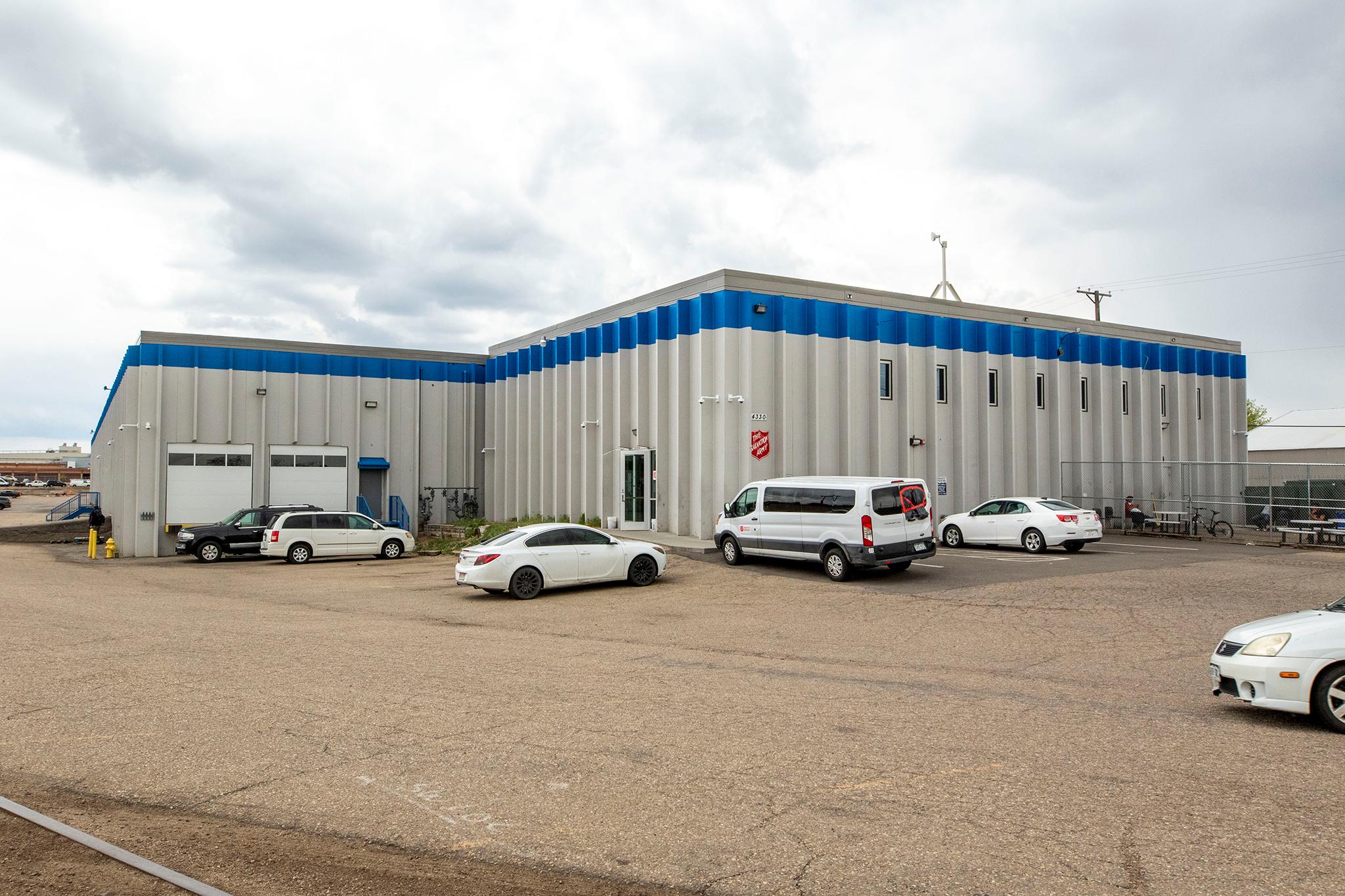Update: On August 31, the Denver City Council approved the lease of the building that will house the new shelter.
Last week, the head of Denver's housing department told City Council members that the pandemic has escalated the city's homelessness crisis. This week, Denver Chief Housing Officer Britta Fisher shared with members a proposal that would use federal pandemic funds to open a new shelter in Northeast Park Hill that would serve about 400 people.
Fisher told members of City Council's finance committee that permanent housing is the real answer to homelessness, and that the new shelter would provide beds for only some of a growing number of people who have lost work because of the pandemic's impact on the economy and can no longer afford housing.
"This is a partial solution to an emergency," Fisher said. "I'm especially concerned to get through this winter."
The committee forwarded to City Council the proposal for a 10-year, $19.8 million lease for a warehouse at 4600 East 48th Avenue. The private company DENCOM LLC owns the building.
To allow for the social distancing required to slow the spread of the coronavirus, an existing shelter nearby at 4330 East 48th now being operated by the Denver Rescue Mission had to reduce capacity from about 500 before COVID-19 to about 260, Fisher said. And just over half the total 2,134 beds Denver had in total were unusable because of the need to social distance. The city and its service-provider partners responded by opening temporary shelters at the National Western Complex and the nearby Coliseum and securing more than 800 hotel rooms for people experiencing homelessness who were affected by the coronavirus. This month, women and transgender individuals who had been staying at the Coliseum were transferred to hotel rooms and to existing shelters, and men were moved from National Western to the Coliseum. The current bed count is 2,150, Fisher said last week.
The pandemic accelerated a city plan to move from overnight to round-the-clock shelters.
Fisher said the new shelter will be open 24 hours. She added that city was looking at ways to make the new shelter a haven for couples, people with pets, women and others who often cannot find beds in the traditional shelter system.
The project requires City Council's approval and renovations that include installing showers and laundry facilities. An operator has not yet been chosen.
Denver would use federal money to cover at least the first year of leasing and operating costs of the new shelter. Beyond that, the city would turn to philanthropies and the state to funds.













